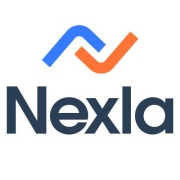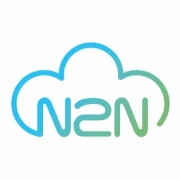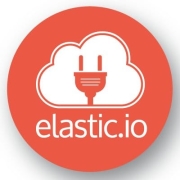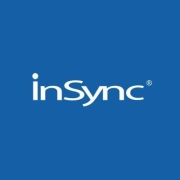Integration Platform as a Service (iPaaS) delivers cloud-based solutions, facilitating seamless connectivity across diverse systems and applications. For companies undergoing digital transformation, iPaaS helps streamline integration processes and ensures efficient data flow.
Businesses embracing digital innovation leverage iPaaS to improve scalability and maintain agility. The solution supports multiple integration use cases, from cloud to on-premise systems, enhancing operational workflows and automation. By adopting iPaaS, organizations can quickly address integration challenges and reduce downtime, leading to improved productivity and efficiency.
What features make an iPaaS solution effective?iPaaS finds implementation across sectors like retail, finance, and healthcare, where rapid and secure data exchange is critical. Retailers use iPaaS to streamline supply chain operations, while healthcare providers enhance patient data integration, improving service delivery.
iPaaS solutions assist organizations in achieving greater connectivity between disparate systems and applications, driving efficiency and innovation across teams. It's a key enabler for digital transformation, supporting businesses in meeting the demands of a competitive market.
| Product | Market Share (%) |
|---|---|
| Boomi iPaaS | 8.6% |
| Microsoft Azure Logic Apps | 7.2% |
| MuleSoft Anypoint Platform | 7.0% |
| Other | 77.2% |



































































iPaaS is commonly used by large business-to-business (B2B) companies that need to integrate their on-premises data and applications with cloud data and applications. iPaaS is especially popular when speedy release time is key. Although IT departments could handle integration themselves, it can be more efficient and faster to use a third-party iPaaS provider instead.
A variety of factors, including customer expectations, staff departures, and fluctuating demand for certain tools, causes the needs of a company to be constantly changing. IT teams can’t keep up with custom integrations every time a new tool is adopted or an existing one needs modifying. As such, they are looking for ways for the end user to take over the integration management of new tools. iPaaS solutions can standardize how an organization takes on new applications and can ease process automation and the move of transactional data from the point of deployment.
An iPaaS will:
iPaaS enables streamlined and seamless data integration across different platforms and applications. By automating data flows, you can break down data silos, allowing for holistic analytics. This means better insights and more informed decision-making. iPaaS also supports real-time data processing, which is crucial for timely business insights. With iPaaS, businesses can easily integrate large data volumes from various sources to enhance analytics capabilities, ensuring that the data-driven strategies are well-founded and comprehensive.
What Security Measures Are in Place for iPaaS Solutions?iPaaS providers implement various security measures to protect your data during transfers and integrations. These measures often include data encryption both in transit and at rest, secure API gateways, and compliance with international security standards like GDPR and HIPAA. You should also look for iPaaS solutions that offer roles-based access control and detailed audit logs, which help ensure data integrity and secure access management. Ensuring robust security within iPaaS platforms mitigates the risk of breaches and maintains trust in the data handling processes.
Can iPaaS Help in Scaling Business Operations?iPaaS can significantly aid businesses looking to scale operations. It allows for the easy integration of new applications and services without a drastic overhaul of existing systems. This flexible infrastructure supports business growth by facilitating the addition of new functions and capabilities as needed. By providing a scalable environment for application integration and data management, iPaaS helps maintain operational efficiency and adaptability, essential for managing expanding business needs.
How Does iPaaS Simplify Application Integration?iPaaS simplifies the complex process of integrating disparate applications by providing a unified platform to manage all integrations. It offers drag-and-drop interfaces and pre-built connectors to popular applications, reducing the technical skills required to integrate systems. This accessibility empowers non-technical users to create integration flows without relying on developer resources. iPaaS streamlines the process and reduces the time and cost associated with traditional integration strategies, enabling faster deployment and smoother operations.
Is iPaaS a Cost-Effective Solution for Small Businesses?For small businesses, iPaaS offers a cost-effective solution by minimizing the need for extensive IT infrastructure and reducing manual processes. It provides a pay-as-you-go pricing model, which is advantageous for small businesses with limited budgets. This allows businesses to pay only for the services and resources they use. iPaaS also reduces the cost associated with IT maintenance and the need for specialized personnel, allowing small businesses to focus resources on core business activities rather than technical integration concerns.